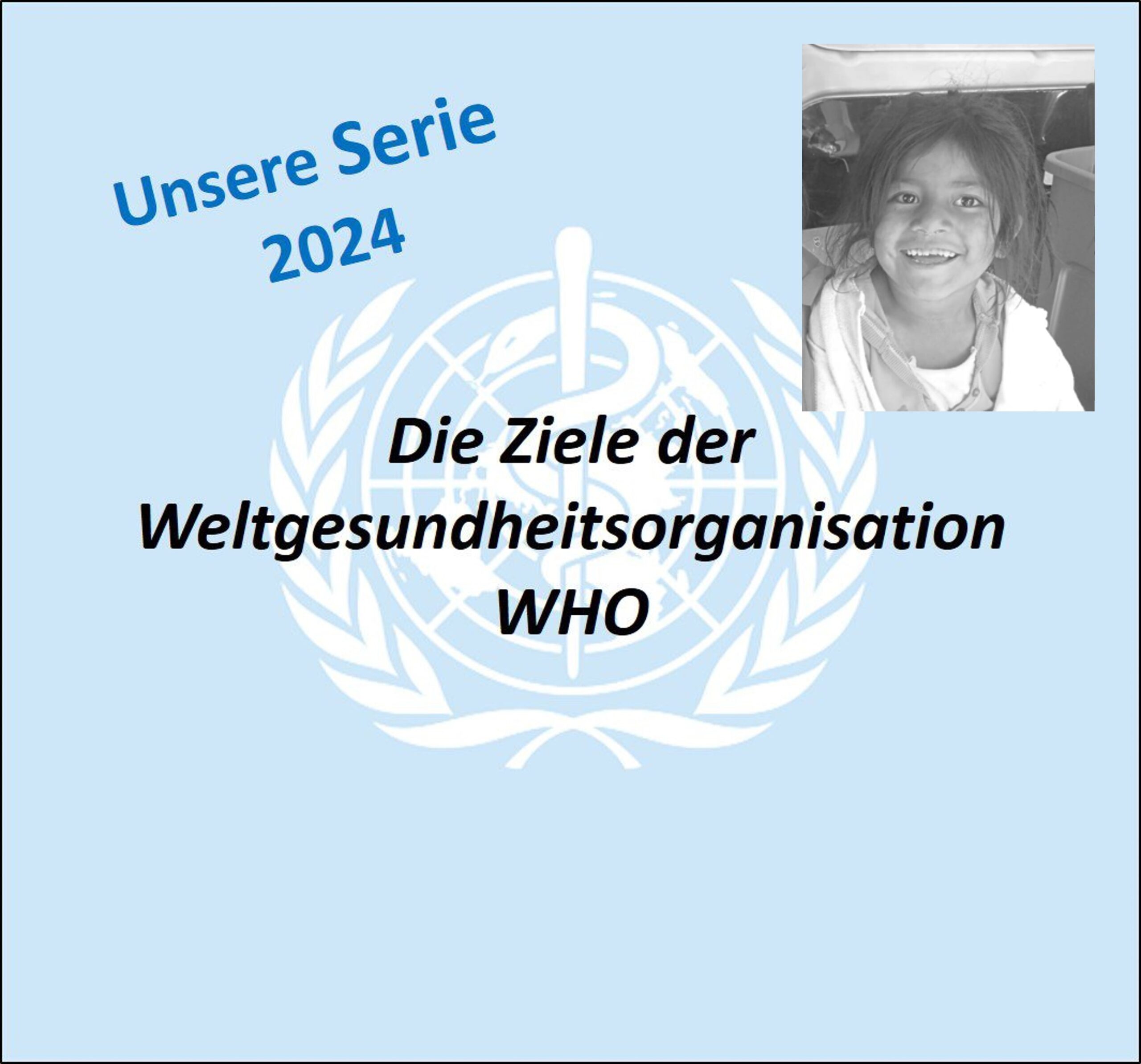Wenn man nach den Ursachen einer Krankheit sucht, stößt man fasst immer auch auf den Punkt „psychische Gründe“. Und irgendwie ist es ja auch leicht vorstellbar, dass ein Mensch, der allerlei an Problemen und Laster mit sich trägt, auch für Krankheiten anfälliger ist. Der eine oder andere hat es vielleicht sogar auch schon bei sich selber erlebt: Hat man z. B. mit Beziehungsproblemen zu kämpfen, häufen sich schnell auch die Tage mit Migräne oder Unwohlsein. Finanzielle Engpässe sind oft gekoppelt mit körperlichen Beschwerden. Wohingegen glückliche Menschen sehr viel weniger krank werden.
Das psychische Wohlbefinden nimmt also eine zentrale Dimension auch für unsere körperliche Gesundheit ein, weshalb die WHO (World Health Organisation) eine Verbesserung der „psychischen Gesundheit“ als ein weiteres Ziel definierte. Dabei lautet die Definition der WHO für psychische Gesundheit: „Zustand des Wohlbefindens, in dem der Einzelne seine Fähigkeiten ausschöpfen, die normalen Lebensbelastungen bewältigen, produktiv und fruchtbar arbeiten kann und imstande ist, etwas zu seiner Gemeinschaft beizutragen.“
Diese Probleme nehmen dabei eine große Range ein: Von temporärem Herz-Schmerz im Jugendalter und Prüfungsangst, bis hin zu gravierenden Existenzängsten, Drogen- oder Alkoholabhängigkeit zählen alles dazu. Je nach Land, Kultur und Alter treten die Problematiken unterschiedlich gehäuft auf. Eine Studie aus 2009 (Krahl, 2009) zeigt, dass etwa eine halbe Milliarde der Weltbevölkerung psychiatrisch erkrankt ist. Der überwiegende Anteil der Erkrankten lebt in Entwicklungsländern. Die meisten Kranken dort erhalten jedoch keine adäquate Behandlung – viele sind stigmatisiert, mit Vorurteilen belegt und ausgegrenzt. Eine grundlegend bessere Versorgungsstruktur auch im Bereich der psychischen Probleme ist daher essentiell und von der WHO gefordert. Bereits in der Vergangenheit, im Rahmen unserer Planetary Health Serie, hatten wir von der Thematik menschlichen Psyche berichtet.
Da auch wir diese Problematik natürlich erkannt haben, wollen wir hier unseren Beitrag dazu leisten. Im Rahmen unserer Projekte versuchen unsere Ärzte:innen und Helfer:innen vor Ort daher immer ihre Patienten:innen ganzheitlich zu betrachten und sich nicht auf die rein medizinischen Symptome zu fokussieren. In vielen Fällen ist das zwar zunächst notwendig, gerade aber bei Kindern helfen lustige Geschichten, kleine Aufmerksamkeiten oder einfach das „das in den Arm nehmen“ oftmals genau so viel, um den akuten Schmerz zu vergessen. Bei Müttern und Vätern hingegen steht Zuhören, Zuspruch und Hoffnung geben im Vordergrund.
Es ist ein unheimlich großes Geschenk, dass unserer Mitarbeiter:innen in Bolivien, Myanmar und Tansania diese Fähigkeiten – zu sehen, was die Patienten:innen außer Medikamenten benötigen – besitzen und anwenden. Und wir sind sehr dankbar, dass es uns auch durch Ihre Hilfe möglich ist, diesen wunderbaren Menschen vor Ort ihre Arbeit zu ermöglichen.
Literatur: Krahl, W. (2009): „Mental Health“ in Entwicklungsländern – Psychische Erkrankungen sind ein unterschätzter Risikofaktor“. In: Flugmedizin · Tropenmedizin · Reisemedizin – FTR 2009; 16(1): 30-34 DOI: 10.1055/s-0029-1216268



